Why does Montessori have multi-age classrooms?
Montessori classrooms are designed to encompass a two-to-three-year age span, allowing younger students the stimulation of older children, who in turn gain confidence and leadership skill from serving as role models. Each year when school begins, most Montessori multi-age classrooms have the advantage of having only one-third new students. With two-thirds of our students returning to each classroom, new students benefit from the stability and the security of their older and more experienced peers, who are demonstrating the ground rules, interacting with the materials and serving as role models. Returning students benefit from a teacher who knows them well and can help them to seamlessly continue on their path of learning-with no time lost figuring out what they have covered in the previous year. read more…
Is Montessori unstructured?
Montessori classrooms have an invisible structure that are carefully prepared and designed to promote order, routine and choice. Every item in the Montessori classroom has been selected to help the child to grow and develop according to his or her developmental needs with attention to detail and systematic learning. The teacher is the dynamic link between the child and the materials, helping the child to connect purposefully and with meaning. Independence, concentration and autonomy are encouraged with clear and consistent ground rules and expectations for work. Many Montessori materials are “self-correcting,” and provide the child with the opportunity to problem solve and make their own discoveries, as well as to be guided to deeper understanding with extensions and more advanced presentations of materials. read more…
How can I know if a school is an authentic Montessori school?
Because the name “Montessori” is not copyrighted or patented, anyone can use this term. One way to know if a Montessori school is authentic is if it is accredited through the American Montessori Association. An authentic Montessori school will have Montessori certified teachers, a full range of Montessori materials, multiage three year learning cycles, choice, and uninterrupted work cycle of at least two-three hours. Brixham Montessori Friends School received our school accreditation in 2016 and is committed to ongoing, continuous school improvement.
Montessori is known for fostering independence. Are children in Montessori schools able to work together?
While developing and respecting a child’s drive for independence is an important part of the Montessori philosophy, so is learning to be a responsible member of a classroom and community. Just as children are eager to learn to do things for themselves, so too are they drawn to one another. In a Montessori classroom, lessons are given to the children about how to ask to join someone’s work. It is not expected that the child share work, but it is expected that the child use grace and courtesy to communicate his or her wishes. Most often in a Montessori classroom, you will see a mix of children working with a friend, in a small group or lesson with a teacher, or on their own. There are many opportunities for children to work together and collaborate in different ways; as children mature and enter their elementary years they take on greater responsibility for planning group outings, class projects, etc.
How do students tend to adjust to traditional public or private schools after Montessori?
We are fortunate in the Seacoast area to have some great independent and public schools for our Brixham graduates to choose from at the conclusion of their elementary years: Heronfield Academy, Cornerstone, Berwick Academy, Portsmouth Christian Academy and more. We have found that regardless of where our students choose to continue, they find success. Brixham graduates are responsible, mature, thoughtful, inquisitive, creative, kind, self-directed, confident, and resilient. Throughout their tenure at Brixham, students have benefited from a learning philosophy and environment that fosters the development of independence, self-awareness, problem-solving, collaboration, and life skills. Grace and courtesy in Montessori classrooms cultivate respect, peaceful conflict resolution, empathy, compassion and more. These skills serve our graduates well as they adjust to new learning environments and new people and experiences, and they are often received with joy.

